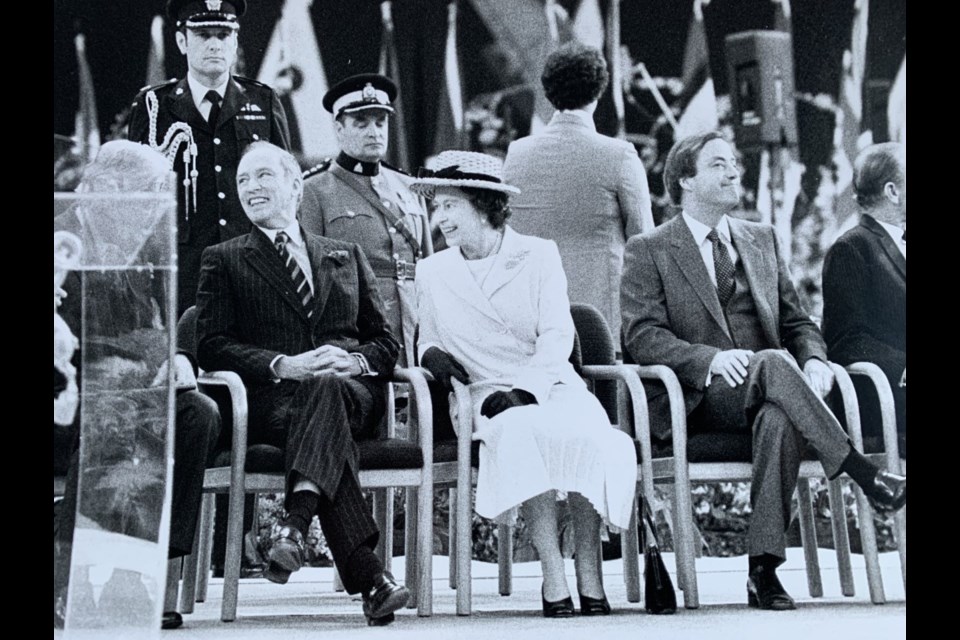Her face adorns our currency. Her title is written into every law on our books. Her portrait hangs, watching over games of dodgeball, in elementary school gyms. For 70 years, Queen Elizabeth has been a ubiquitous presence in the lives of her millions of subjects.
As a head of government and as an individual, Elizabeth II exemplified the life of duty that comes with the Crown. While the personal Elizabeth remained largely unknown, her public persona was dignified and gracious. Her longevity and constancy mean millions are feeling a genuine sense of loss at her death.
There isn’t a much of a grassroots republican movement in Canada, but the Queen’s passing will certainly provoke some healthy introspection about the monarchy and whether Canada’s place in it is still relevant.
For some, the Crown is a merely a symbol of colonialism and privilege and the scandals that have gripped the Royal Family.
We have some sympathy for those views, but we also see much more. Under our constitutional monarchy, our political destinies are our own but we maintain a backstop of power, a foundation with roots a thousand years deep.
The United States, famously, fought a revolution on the premise that hereditary leaders have no place in a more egalitarian society, at home, or an ocean away. Today, their foundation is showing its cracks, and no one accuses them of being egalitarian.
Our new Sovereign King Charles III faces a tremendous challenge in carrying out his duties in such a way that Commonwealth countries continue to see the inherent value in the Crown. For that, we advise he look to his mother’s example, and we wish him the best.
Long live the King.




